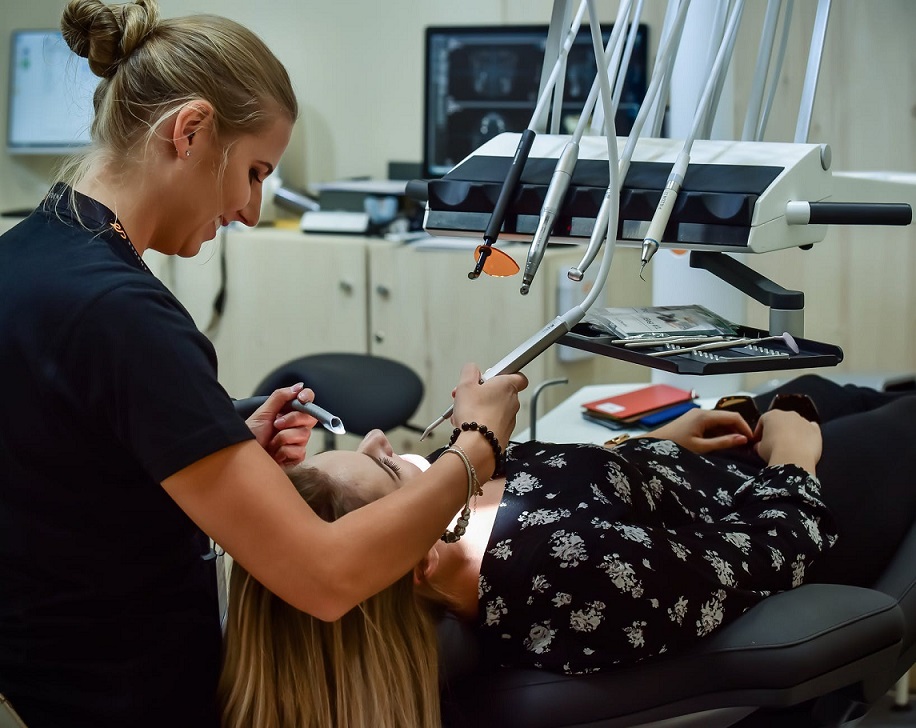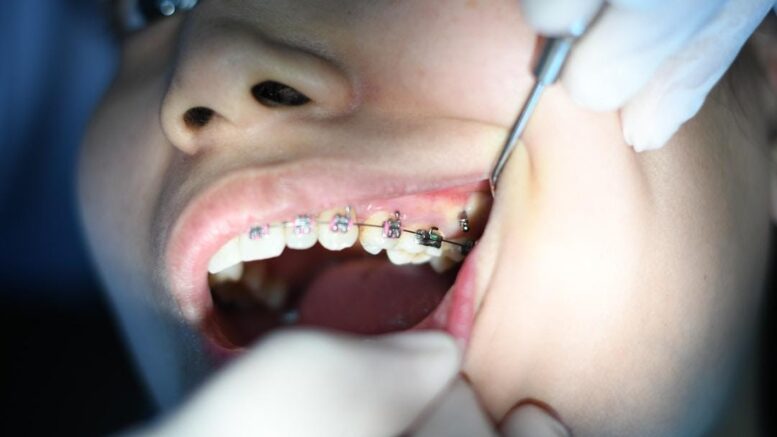Your wisdom teeth do not cut through the gums until you are between 17 and 21 years of age. They are the teeth that are located at the back of your mouth. When these teeth have been cut an adult will have a complete set of 32 teeth. Contrary to old folk lore, wisdom teeth have no indication that you have grown smarter with age.
Wisdom Teeth are Molars
Wisdom teeth are a part of the molars. The molars are the toughest and widest teeth in your mouth. These are the teeth that are most commonly missing from an adult mouth.
The Most Frequent Reasons for Wisdom Teeth Removal
There are several reasons why wisdom teeth are removed. Some of these reasons include:
- They are under the gums but never fully cut through and cause the person pain
- They are more susceptible to cavities than the other teeth
- They can become impacted
- Your mouth may not have enough room for the teeth
- You have gum disease
What to expect if you need your wisdom teeth removed
The majority of people have a fear of dental pain that is often thought to come with dental procedures such as the extraction of wisdom teeth.
Your dentist will tell you that wisdom teeth that have cut through the gums should be able to be removed with few complications. The entire procedure should take about forty-five minutes to complete.
When you arrive the dentist assistant will take you into the room where the dentist will be working and you will sit in the chair. The dentist will come into the room and give you a local anesthetic to numb your mouth. Novocaine, lidocaine, and mepivacaine are the most frequently used local anesthetics. The dentist will leave the room for a few minutes and give the anesthetic time to start working fully before they begin to extract the tooth.
Along with the local anesthetic, the dentist may offer to give you laughing gas, or nitrous oxide to help you relax. The laughing gas may actually make you drowsy and you might sleep through the procedure.
IV Sedation
This type of anesthetic is used when the removal of the wisdom teeth looks like it will be more complicated or take longer to complete. Local anesthetics do not last as long as the IV administered ones will. If you are going to get an IV sedative your dentist will talk to you about this before you come to get your teeth extracted. The dental surgeon will also numb your mouth and most people who have IV sedation sleep through the entire procedure.

General Anesthetics
Like the IV sedation the general anesthetic is applied when the extraction is expected to take a long time or be more difficult than normal. With a general anesthetic the patient almost always sleeps through the entire extraction. If you get this type of anesthetic administered then you might sleep for an hour or more after the surgery is completed. Usually, this type of anesthetic is used when the patient has to have their extraction in a hospital or in-patient facility.
What to expect after the teeth are extracted?
Once the teeth have been removed it is normal to have some swelling and discomfort. Your dentist will more than likely prescribe you some pain medication to help relieve the worst discomfort.
Do not be surprised if you have:
- Swelling in your mouth or in your cheeks. This swelling will naturally begin to lessen over the next few days.
- You could see some bruising on your cheek. The bruises will fade away within the next 14 days.
- Soreness in the jaw or a feeling of stiffness is normal and should go away in a period of 7 to 10 days.
- Tingling or numbness of the face, lips, or tongue. This should go away in just a few hours after the removal.,
Aftercare
Having your wisdom teeth removed means you will have to take steps after the extraction to protect your gums and promote healing. If you do not care for the wounds properly you can get serious complications.
To make sure that you heal as quickly as possible with few complications you should:
- Avoid strenuous activities
- Do not touch the area where the teeth were with your tongue
- Do not use mouthwash or even water to vigorously rinse your mouth
- Be sure to leave the gauze placed in your mouth at the dentist for a minimum of thirty minutes
- Apply cold packs or ice packs to the outside of your cheek to help reduce swelling and pain
- Do not smoke for at least 24 hours
- Do not drink alcohol for at least 24 hours after removal.
- Support your head with an extra pillow for a few nights
- Eat soft foods that require very little chewing like mashed potatoes, soups, scrambled eggs, gelatin.
- Call your dentist if you experience a lot of pain or bleeding
Complications of Wisdom teeth Extractions
The biggest concern of most people who are about to have their wisdom teeth removed is that they will experience complications during or after the procedure. It can be scary if you do not know what to expect.
The majority of people will only experience minor complications like numbness, slight pain, some swelling of the cheek or area. A few people may experience more serious complications such as:
- A dry socket that occurs when the blood clot in the socket of the extracted tooth becomes dislodged. Refrain from smoking or touching the area with your tongue to help prevent a dry socket. This complication can be relieved by your dentist so if you have unusual pain, an unpleasant smell or taste in your mouth, or believe you have a dry socket, call your dentist.
- Infection is always a risk after any procedure. Carefully follow your instructions and call your dentist if you develop redness, pain, have visible drainage or start to run a fever.
- Nerve damages occasionally occur. The nerve damage usually causes tingling or numbness and may be temporary
Final Thoughts
Do not be afraid of having your wisdom teeth removed. It’s a very common dental procedure and experts like this dependable Dentist in decatur do it regularly. Follow the advice of your dentist and you will do fine during and after the procedure.
